Anyone develop their own varieties?
Bruneau
11 years ago
Related Stories
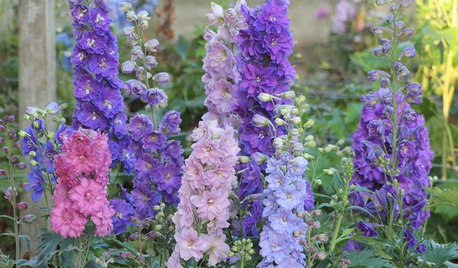
GARDENING GUIDES6 New Plant Varieties That Beat Out Their Parents
With better resistance and fewer demands, these garden beauties are worth a spot on your wish list
Full Story
DECORATING GUIDESThe Cure for Houzz Envy: Guest Room Touches Anyone Can Do
Make overnight guests feel comfy and cozy with small, inexpensive niceties
Full Story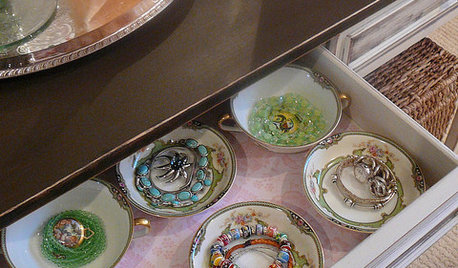
CLOSETSThe Cure for Houzz Envy: Closet Touches Anyone Can Do
These easy and inexpensive moves for more space and better organization are right in fashion
Full Story
COMMUNITYCommunity Building Just About Anyone Can Do
Strengthen neighborhoods and pride of place by setting up more public spaces — even small, temporary ones can make a big difference
Full Story
BEDROOMSThe Cure for Houzz Envy: Master Bedroom Touches Anyone Can Do
Make your bedroom a serene dream with easy moves that won’t give your bank account nightmares
Full Story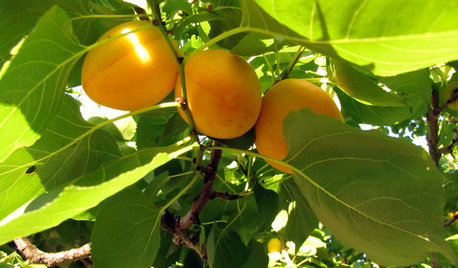
EDIBLE GARDENSHow to Grow Your Own Apricots
Velvety fruit, pretty blossoms and interesting bark make apricot trees a delight — and they’re great for smaller gardens
Full Story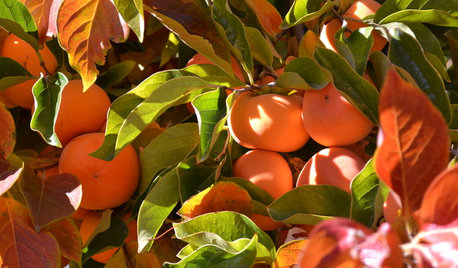
FRUIT TREESHow to Grow Your Own Persimmons
Sturdy and easy to care for, these trees offer bright fruit through winter — and keeping them in bounds is no sweat
Full Story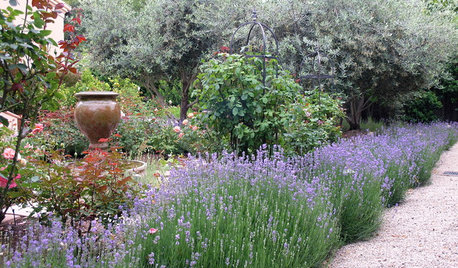
FLOWERSHerb Garden Essentials: Grow Your Own Fragrant Lavender
This do-it-all plant is ideal for almost any garden, and its uses are abundant around the home
Full Story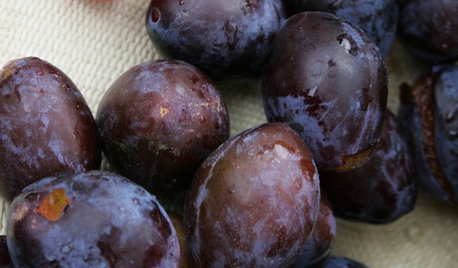
FRUIT TREESHow to Grow Your Own Juicy Plums
Easier than other stone fruits and with a variety of colors to choose from, plums are a versatile garden addition
Full Story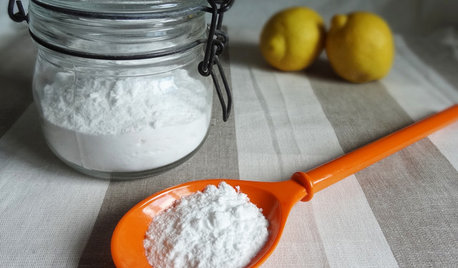
HOUSEKEEPINGBaking Soda: The Amazing All-Natural Cleanser You Already Own
Battle grime, banish odors and freshen clothes with this common nontoxic cupboard staple
Full StorySponsored
More Discussions






digdirt2
yukkuri_kame
Related Professionals
Fort Lee Landscape Architects & Landscape Designers · Saint Louis Park Landscape Architects & Landscape Designers · Maple Heights Landscape Architects & Landscape Designers · Bowie Landscape Contractors · Clark Landscape Contractors · Hicksville Landscape Contractors · Kahului Landscape Contractors · Mission Viejo Landscape Contractors · Nanuet Landscape Contractors · Pikesville Landscape Contractors · Reedley Landscape Contractors · Ridgewood Landscape Contractors · West Orange Landscape Contractors · Antioch Landscape Contractors · Palos Heights Landscape Contractorszzita
yukkuri_kame
zzita
nc_crn